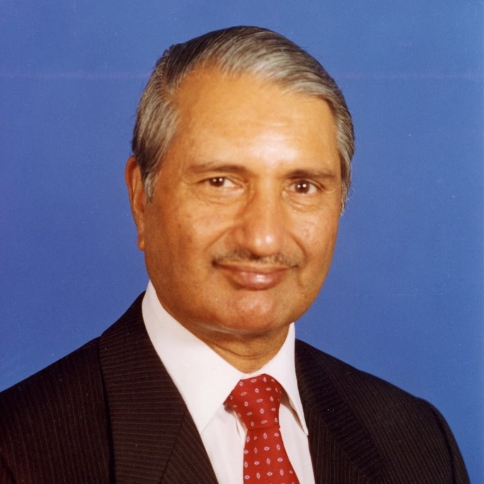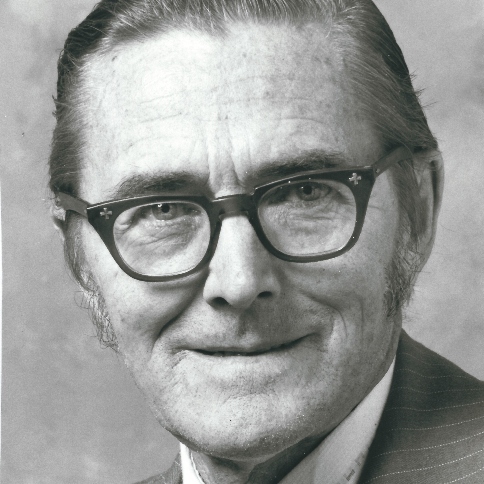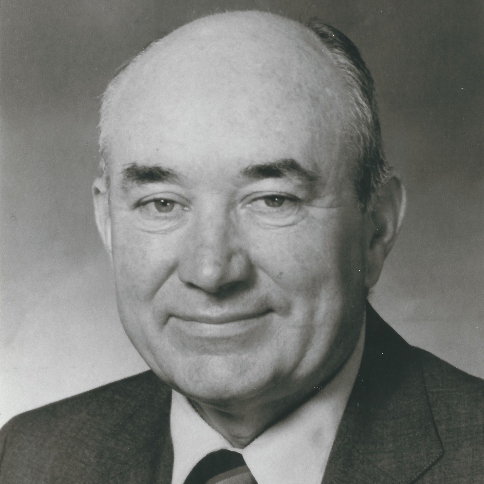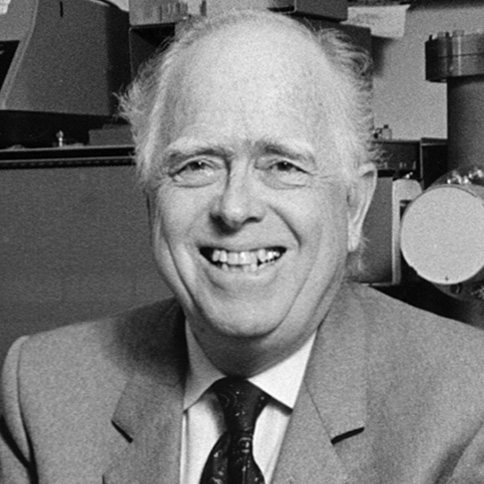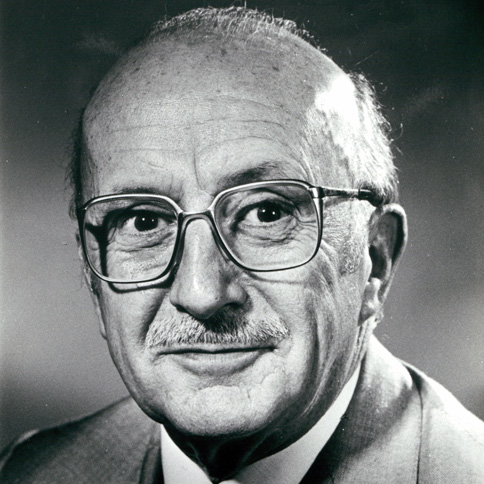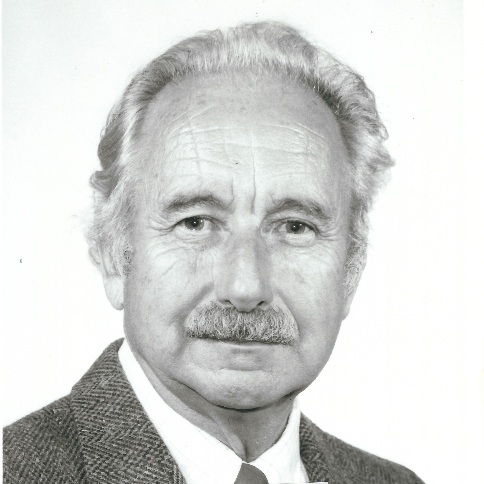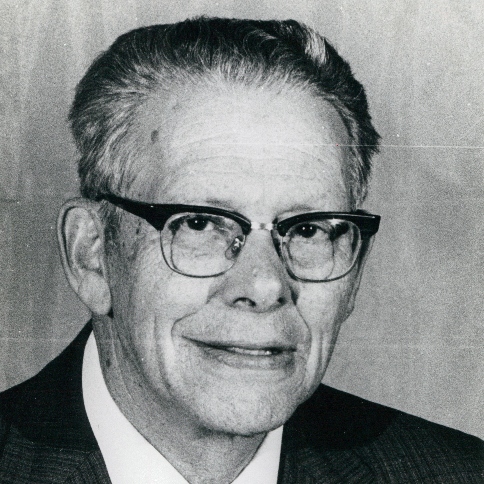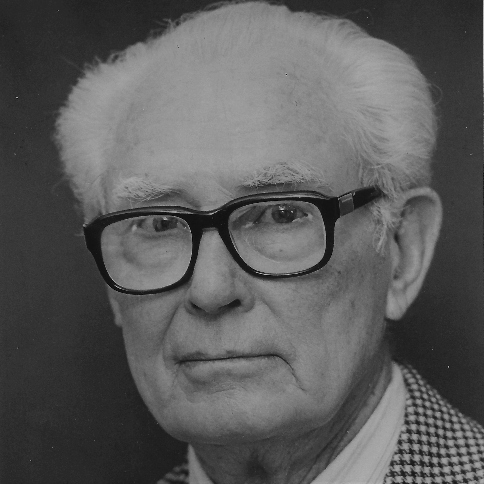
Steven D. Tanksley
Wolf Prize Laureate in Agriculture 2004

Steven D. Tanksley
Affiliation at the time of the award:
Cornell University, USA
Award citation:
“for innovative development of hybrid rice and discovery of the genetic basis of heterosis in this important food staple”.
Prize share:
Steven D. Tanksley
Yuan Longping
Professor Steven D. Tanksley is one of the world leaders in plant genomic research. He has contributed to the understanding of heterosis in rice by identifying genes in a wild ancestor that significantly increased yields.
Tanksley has demonstrated that quantitatively inherited traits spanning an entire genome, can be dissected into their corresponding Mendelian factors, called quantitative trait loci (QTL). This enables identification of rate-limiting genes associated with crop performance. His demonstration has led to a cascade of experiments by other researchers, who detected and mapped QTLs in a wide array of other organisms. Within Tanksley’s own group, QTL analysis in rice led to the discovery of the genetic basis of hybrid vigor in this important food staple, allowing further developments to increase rice yields. These advances have profound implications in promoting the science of plant breeding for the benefit of humankind.





















































